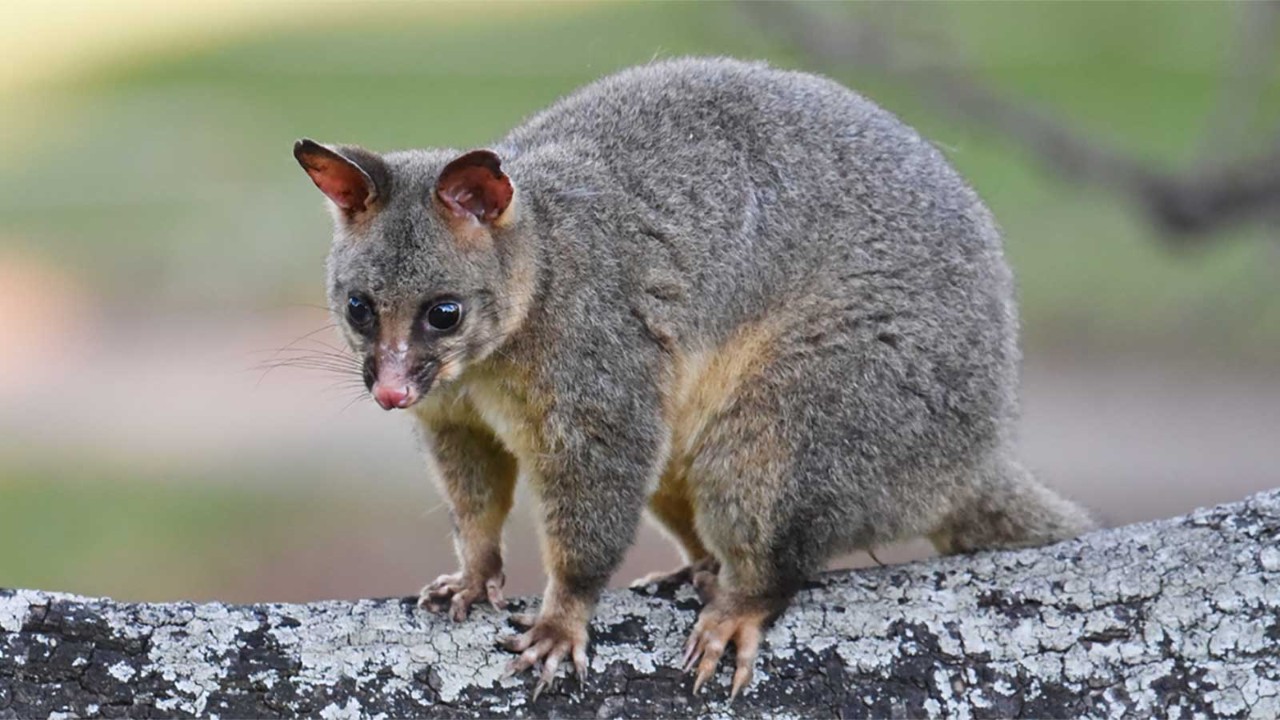A dilapidation inspection can help ensure compliance, transparency, and protection for all stages of construction.
7 eco-friendly tips to help protect your property from possums

Deciding which animal is a pest and which ones you might be prepared to live with isn’t always black-and-white. When it comes to possum they may be seen as pests, but they are a protected species. How you can learn to live with (or without) possums might mean a change in behaviour – and some practical tips to help protect your property.
Some pests need to be removed – immediately
When our qualified inspectors deliver building and pest inspection reports, our focus is on the types of pests that can wreak havoc on your property’s structural integrity – and leave you with a potentially costly repair bill. In terms of termites, if our radar equipment detects them in your property, there is only one solution: exterminate! With a single termite colony housing as many as one million termites, protecting your property from the damage that many termites have the potential to cause is critical. When it comes to the discovery of other pests, though, extermination is simply not an option – and that’s a great thing!
Learning to live with protected possums – and still protect your property
Dealing with possums on your property can still cause stress – especially if they are causing damage, nasty smells, or a lot of noise that keeps you awake at night.
In most suburban backyards across Australia, brushtail and ringtail possums are the most common species you’ll see – and, like all possums in Australia, they are a protected species, under the Wildlife Act 1975, which means killing them, harming them, or relocating them is prohibited. In less urban areas, and, depending on the state or territory you live in, there are more than 30 different Australian possum species who might pay your property a visit one day.
To reduce your stress levels and protect their safety at the same time, learning how to live with possums can be a positive step to look after your home, as well as their need for a healthy habitat.



